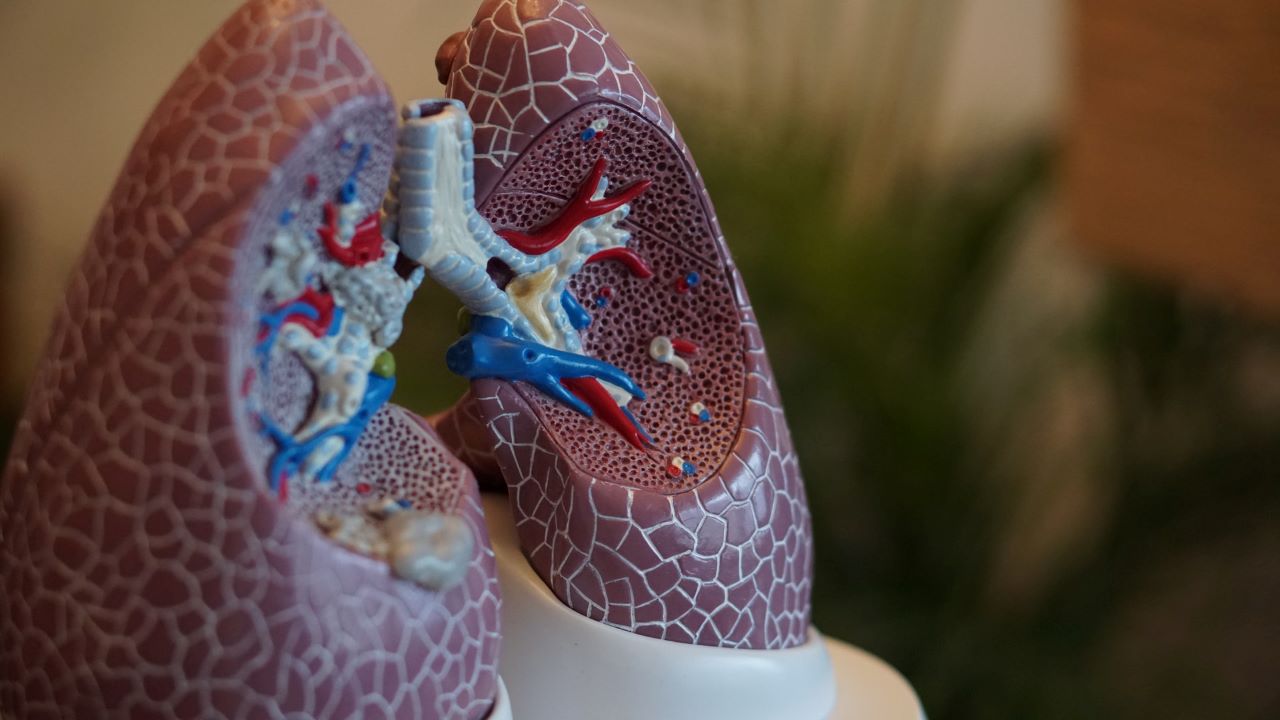
Boehringer Ingelheim has announced positive results from interim analysis of the SENSCIS-ON trial evaluating nintedanib in patients with systemic sclerosis-associated interstitial lung disease (SSc-ILD).
Interim data showed a long-term safety and sustained effect of nintedanib on slowing lung function decline in patients with SSc-ILD.

Discover B2B Marketing That Performs
Combine business intelligence and editorial excellence to reach engaged professionals across 36 leading media platforms.
Nintedanib is a tyrosine kinase inhibitor that targets receptors involved in signalling pathways that lead to pulmonary fibrosis.
Systemic sclerosis or scleroderma is a rare autoimmune disease characterised by the thickening and scarring of connective tissue in the body.
The open-label extension trial is evaluating the long-term safety of nintedanib in patients with SSc-ILD who have already completed the Phase III SENSCIS trial.
The trial is assessing the absolute and relative change from baseline in the forced vital capacity (FVC) as a measure of lung function over a period of 52 weeks.

US Tariffs are shifting - will you react or anticipate?
Don’t let policy changes catch you off guard. Stay proactive with real-time data and expert analysis.
By GlobalDataInterim data showed that the safety profile of nintedanib was consistent with the SENSCIS trial. An adverse event of diarrhoea was observed in the trial.
According to the latest data, 347 patients who received nintedanib showed a decrease in FVC over 52 weeks as did the participants in the SENSCIS study.
In all patients treated in SENSCIS-ON, the average change in FVC from baseline to week 52 was −51.3mL, while it was −42.7mL in the SENSCIS trial.
Boehringer Ingelheim Pulmonology associate medical head Dr Susanne Stowasser said: “Boehringer Ingelheim is continuously committed to providing scientific data, offering clinicians more confidence in treating patients with SSc-ILD.
“We are thrilled to share the new data demonstrating a similar consistent safety profile of nintedanib in people living with SSc-ILD and suggesting a sustained effect in slowing lung function decline.”
In August, Boehringer initiated patient enrolment for the Phase III InPedILD trial of nintedanib in children and adolescents aged six to 17 with fibrosing interstitial lung disease.





